Galaxies, quasars, and stars… oh my! Dark Energy Spectroscopic Instrument (DESI) first data is a small fraction of the huge cosmic survey it will conduct.
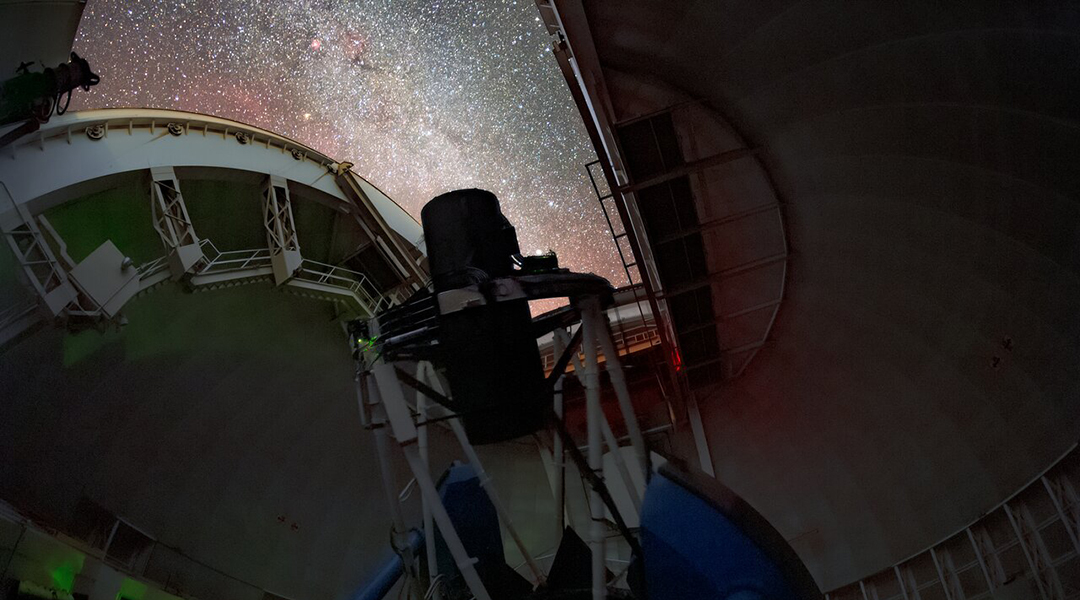

Galaxies, quasars, and stars… oh my! Dark Energy Spectroscopic Instrument (DESI) first data is a small fraction of the huge cosmic survey it will conduct.
Scientists propose a modified cosmological model that challenges the existence of dark matter and dark energy.
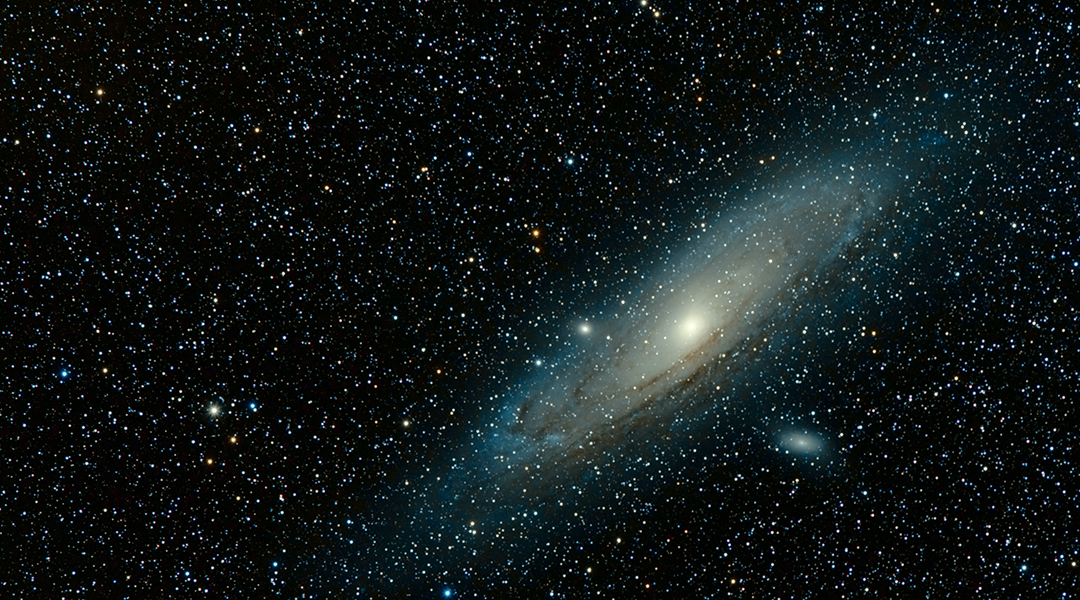
Many physicists are still skeptical that dark energy can fully explain gravity, and are therefore exploring alternative theories.
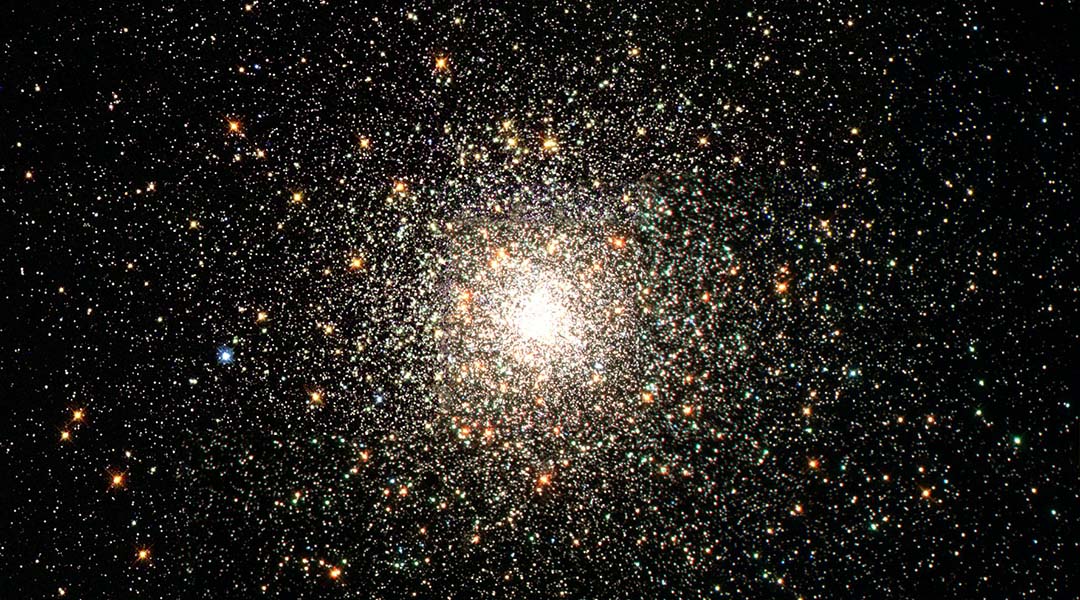
A new study evaluates gravity using string theory, a promising candidate for describing particle interactions at their most fundamental level.
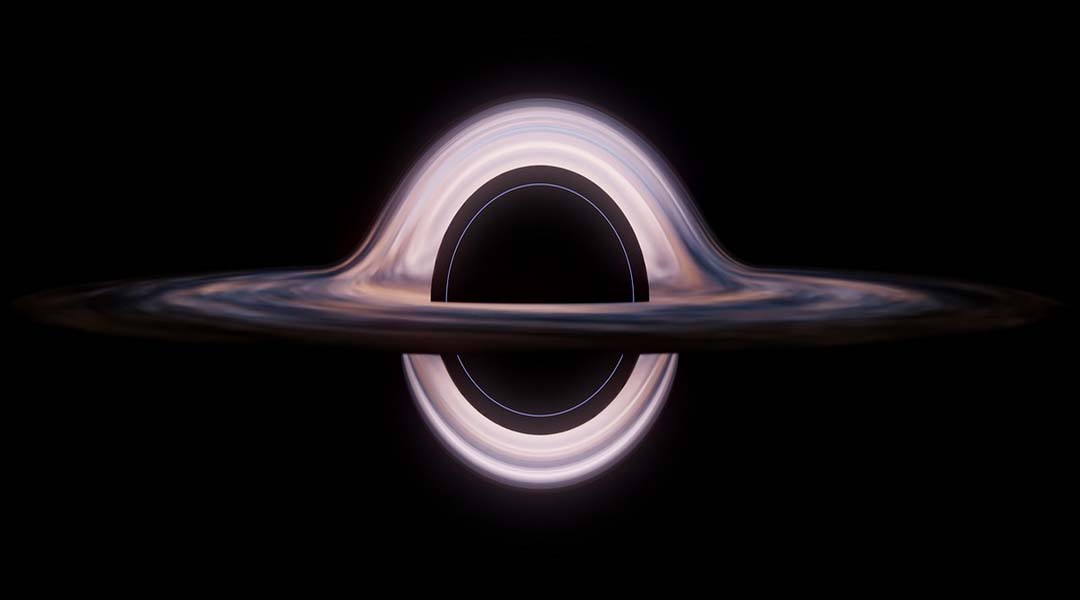
Astronomers looking at how black holes grow over time may have found the answer to one of the biggest problems in cosmology.
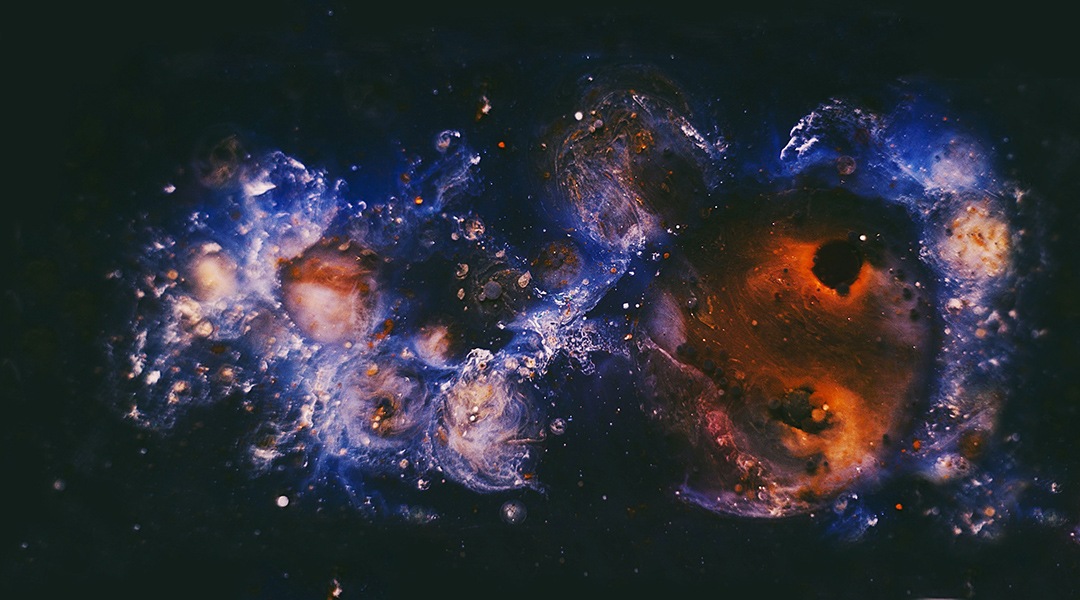
A modification to the theory of general relativity makes it consistent with observable astronomical data without the need for dark energy.
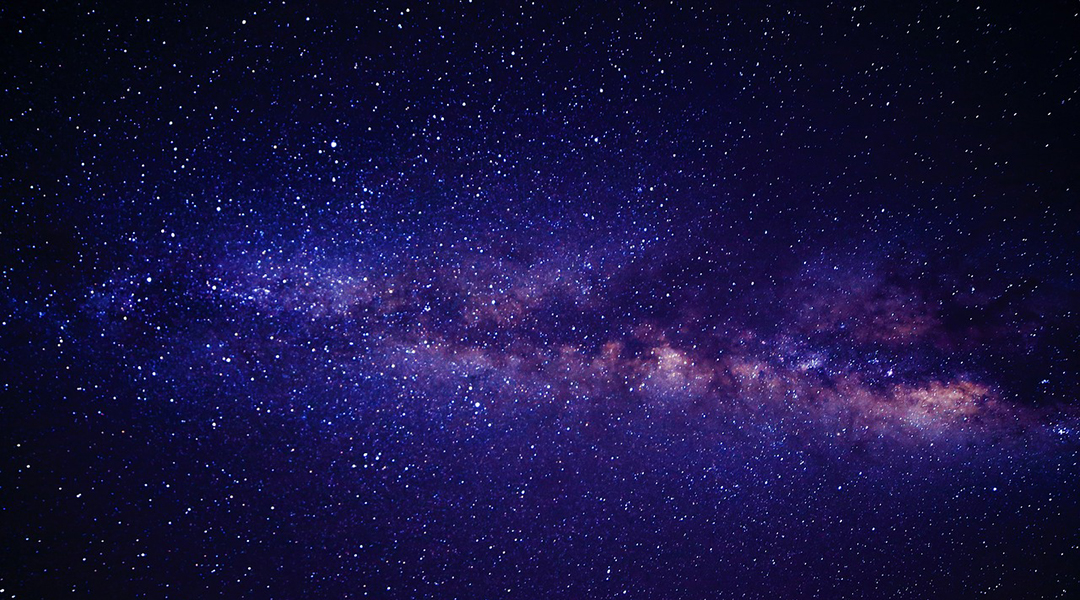
New research on dwarf galaxies challenges the idea that dark matter is collisionless, suggesting it may interact in unexpected ways
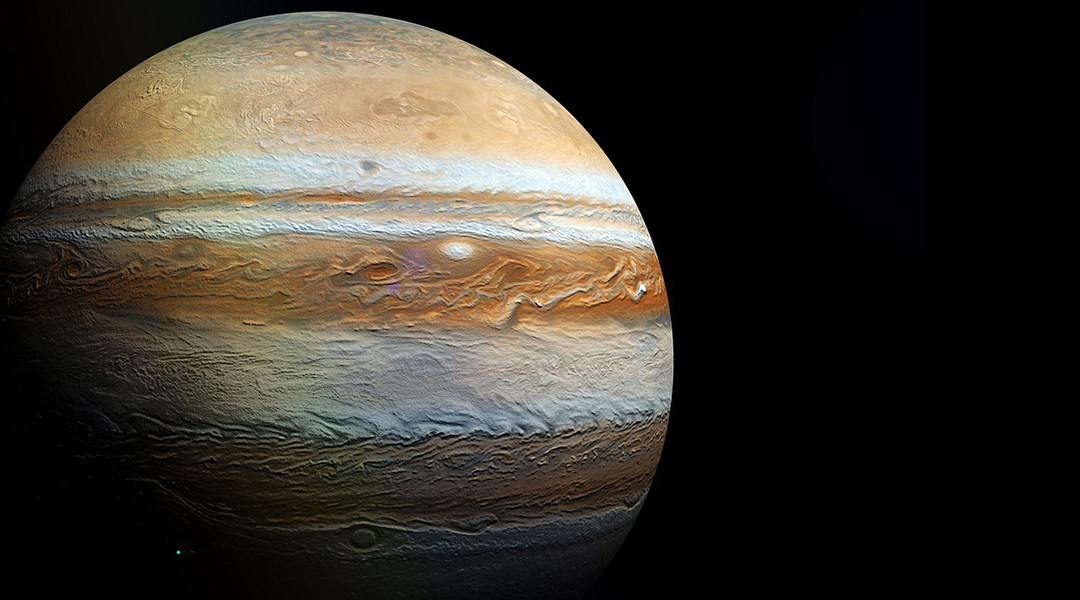
Astronomers propose that an infrared glow observed in Jupiter’s atmosphere may be dark matter particles colliding.
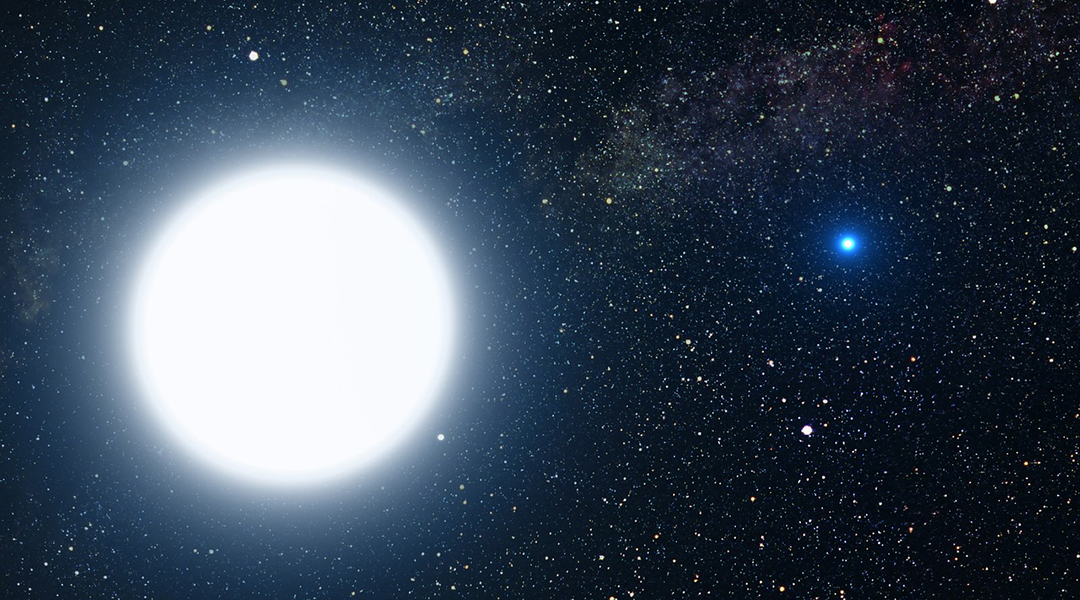
Due to their incredible density, astronomers believe white dwarfs might make the perfect dark matter detectors.
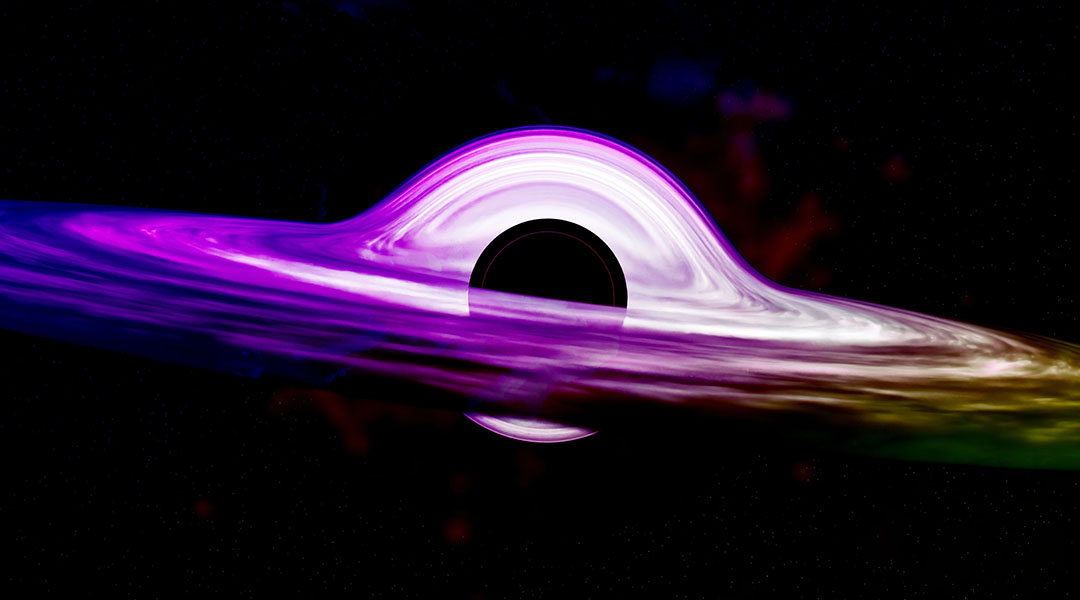
Dark matter could be aggregating around black holes, providing a possible means of indirectly measuring its properties.